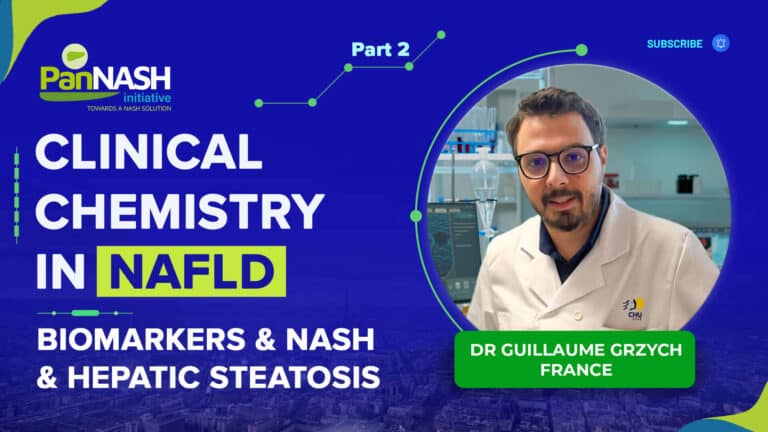The first dual agonist class was PPAR (peroxisome proliferator-activated receptor) alpha and gamma, so there are several (more than I have on this slide) but they all pretty much have the same effect on the lipid profile so saroglitazar is a drug being used in India and it produced a reduction in triglyceride. That is certainly more than we have seen with any other PPAR agonist. 45% to 62% HDL went up a small amount and LDL went down 11% to 27%. Question is – is this a typical result? Qualitatively, it does seem to be a typical result.
PPAR: Aleglitazar
Aleglitazar was extensively studied for both diabetic population and allocardio as well as cardiovascular events in a diabetic population. You can see big reductions in triglyceride increases in HDL cholesterol, LDL inconsistent, LDL inconsistent, Hemoglobin A1c and the home index of insulin resistance all very much improved. However the problem here was that first of all there was no benefit for cardiovascular disease which would be a big surprise given the very favorable effects on lipids and also there were serious side effects of bone fractures, GI bleeding and heart failure.
PPAR: Muraglitazar
The same kind of problem happened with muraglitazar which also had strong effects on triglyceride in HDL, no effect on LDL and the drug was discontinued because of an increase of cardiovascular events edema and bladder cancer in preclinical studies.
PPAR: Tesaglitazar
Finally the tesaglitazar was studied in diabetics and pre diabetics with superb results in triglyceride of 37% to 48% reduction in HDL that went up to 10% to 16% LDL know and very nice effect on apoC and apoC3 especially in a reduction in apoC3 since they are so atherogenic. One would think there would be some kind of benefit but like some other members of the class, tesaglitazar was discontinued in this case due to renal problems.




